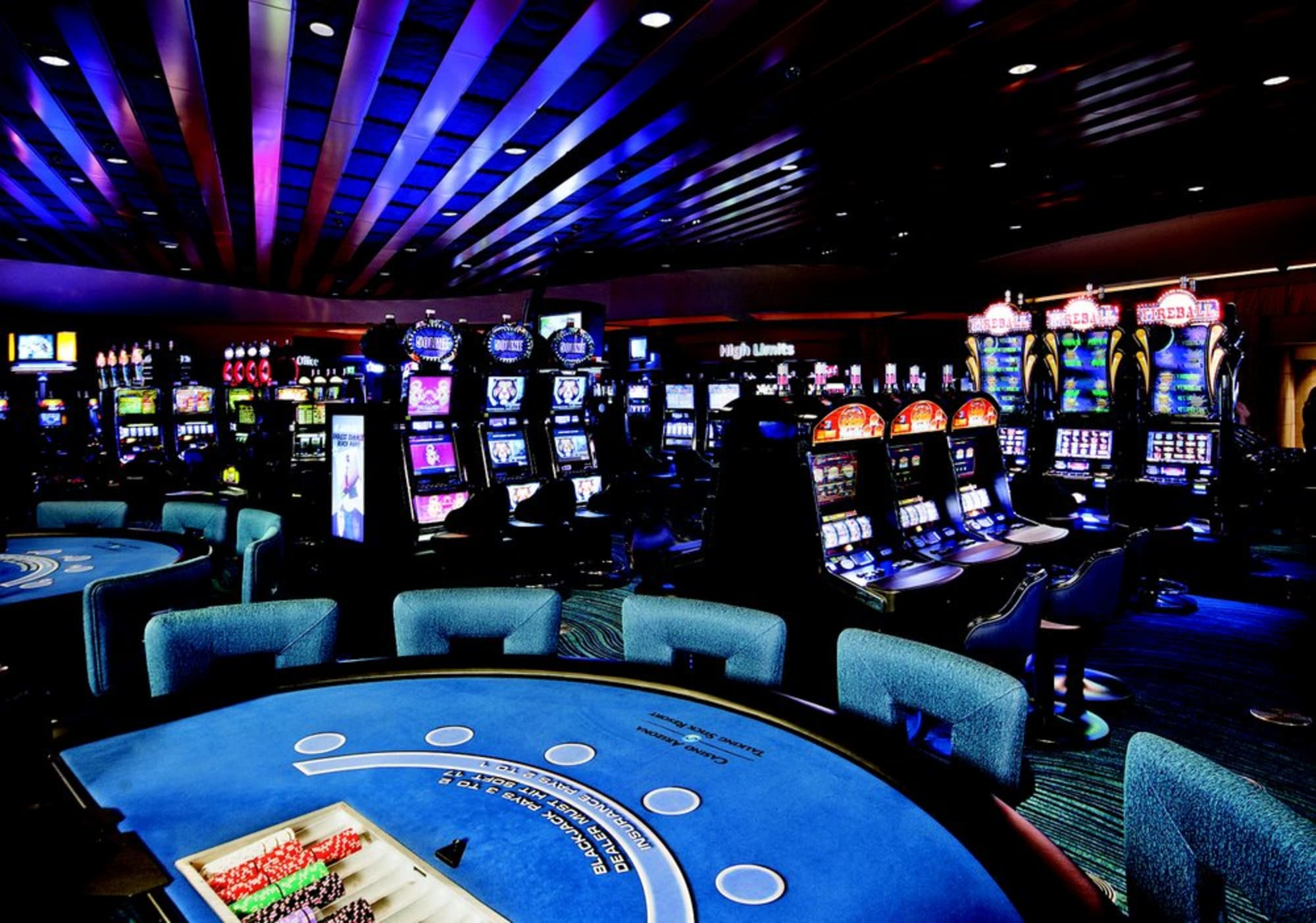
Gambling games have long been a fascinating entertainment option, drawing numerous of players from different cultures around the globe. From the glitzy casinos of Las Vegas to the busy gambling halls of Macau, these games serve as a bridge that brings together people across various backgrounds. The allure of fortune, skill, and gambling entices not only those hoping to win money but also those seeking a shared experience.
The significance of casino games extends significantly past the gaming floor. They often embody the social norms and beliefs of the communities in which they prosper. Games such as Texas hold ’em, pontoon, and the wheel game have embedded themselves into the tapestry of cultural phenomena, influencing multiple fields from films to fashion. As we explore this intriguing intersection of chance and culture, we can gain insights into how gambling games shape and are shaped by the world around us.
Chronological Progression of Casino Activities
The origins of gaming games can be traced back to ancient civilizations, where gambling in various forms was widely practiced. In Ancient China, around 2300 B.C., a type of lottery known as Keno was well-known, while in old the Roman Empire, soldiers would often bet on the outcomes of their contests. The notion of using luck for fun and profit developed over the ages, leading to the creation of more formal games. By the late Middle Ages, betting houses started to surface in European nations, notably in Italy, which brought forth early forms of famous activities still played today.
As betting increased fame in Europe, the 17th and 18th centuries saw the emergence of gambling establishments as specialized venues for gambling. The earliest official casino, the Ridotto, was founded in the Venetian city in 1638, providing activities like Baccarat and Faro games. This period marked a major pivoting point, as casinos commenced to draw not just the elite but also the growing middle-income class. The refinement of games grew, leading to the creation of new guidelines and modifications that enriched the gaming experience.
In the 19th century, the industrial age and changes in social norms also transformed the environment of casino activities. The launch of the game of roulette and new one-armed bandits drew a more diverse audience, and gambling establishments became seen as legitimate entertainment. This period witnessed the globalization of casino activities, as gambling houses spread from Europe to the New World, culminating in the development of the iconic Las Vegas Boulevard in the 1900s. The development of casino activities has persisted into the modern era, including technology and online services, making them accessible to a worldwide population.
### Cultural Relevance in Different Societies
Casino activities have significant cultural and social importance across numerous cultures across the planet. For instance, in Las Vegas, the very fabric of the city is woven around gambling establishments, where playing is not just a recreational activity but a key aspect of social engagement and community interaction. The bright lights and vibrant atmosphere attract a vast audience, showcasing how gambling activities can influence local economical structures and local cultures. This environment transforms the notion of leisure into an enriching event that influences apparel, sound, and even cinema.
In contrast, some cultures approach gambling with greater care, viewing it through the lens of ethical considerations and heritage. A case in point, in many Eastern communities, games like Mahjong and Pai Gow Poker are steeped in history and have significant social implications. These games are often played during get-togethers and celebrations, fostering collective connections and reinforcing familial ties. The act of playing these games goes beyond mere entertainment, reflecting principles such as deference to seniors and the significance of communal fun.
Meanwhile, in continental countries such as Monaco and Rome, games of chance serve as symbols of opulence and refinement. The stylish atmosphere of these establishments attracts both travelers and locals, upholding a sense of distinction and exclusivity. The art of poker and the tactical components of games like baccarat are celebrated, influencing community relationships and establishing an appeal that enthralls a varied audience. This highlights how games of chance can concurrently mirror and influence societal views towards hazard, gain, and community interaction.
Financial Influence and Travel Industry
Casino games play a crucial role in the financial context of many areas, particularly those that depend significantly on visitor traffic. 188bet.center The revenue generated from casino operations fuels local financial systems, creating employment opportunities not only within the casinos themselves but also in related sectors such as hotel management, restaurant services, and recreation. This surge of tourists, drawn by the allure of games and the overall casino experience, stimulates spending across multiple businesses, contributing to the economic vitality of the area.
The presence of casinos often leads to the construction of facilities, including lodging, public transit, and leisure amenities. These improvements are essential in improving the overall tourist experience, making destinations more attractive to visitors. Additionally, many casinos contribute in local communities through sponsorship of activities and charitable activities, further embedding themselves into the social fabric of the locality. Such investment not only supports economic growth but also fosters a positive reputation of the casino industry.
Furthermore, the worldwide appeal of casino games drives competitive tourism, with regions vying to attract gamblers from around the world. Iconic destinations like Las Vegas and Macau have become synonymous with casino culture, drawing millions annually. This competitive edge encourages innovation and diversification within the gambling sector, influencing trends in leisure and accommodation that extend beyond their borders. The consequences of this visitor influx extend far, impacting local economies and cultural interactions on a worldwide scale.
